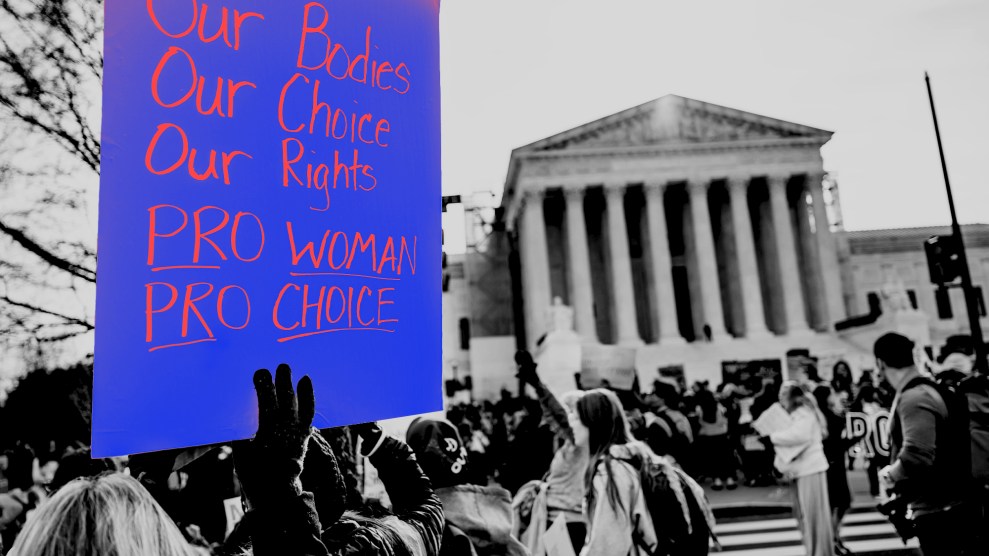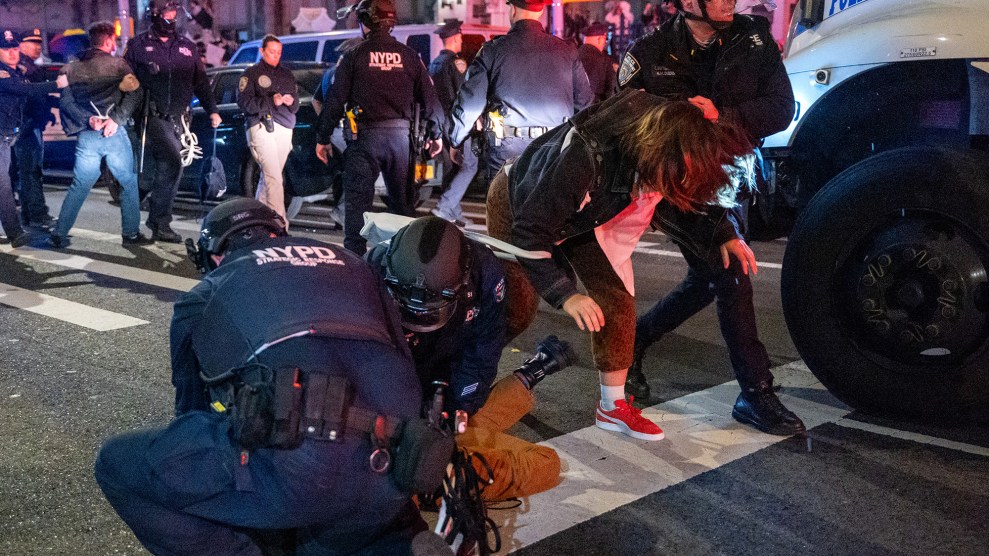A couple of months ago I linked to a bit of research showing the effect of gerrymandering on House races. Long story short, Eric McGhee concluded that gerrymandering produced about 7 extra Republican seats this year while Sam Wang figured it at about 6.3 seats. A few days ago, Sam took a deeper dive into the data (read his full post if you want to understand his simulation methodology) and came up with a bit more detail about how that breaks down. His bottom line number is now slightly higher than it was before, showing a Republican advantage of about 7.1 seats, but the reason this number is so low is a little surprising. I’ve modified his main results table a bit for the nine states that show a substantial discrepancy between vote share and seat share. Here it is:
| D %vote | D sim | R sim | D seats | R seats | Discrepancy | |
|---|---|---|---|---|---|---|
| Pennsylvania | 50.7% | 8.4 | 9.6 | 5 | 13 | R+3.4 |
| Texas | 39.9% | 9.4 | 26.6 | 12 | 24 | D+2.6 |
| Ohio | 47.9% | 6.5 | 9.5 | 4 | 12 | R+2.5 |
| North Carolina | 50.9% | 6.2 | 6.8 | 4 | 9 | R+2.2 |
| Michigan | 52.7% | 7.2 | 6.8 | 5 | 9 | R+2.2 |
| Arizona | 45.6% | 3.2 | 5.8 | 5 | 4 | D+1.8 |
| Virginia | 49.0% | 3.7 | 5.3 | 2 | 7 | R+1.7 |
| Illinois | 55.4% | 10.3 | 7.7 | 12 | 6 | D+1.7 |
| Indiana | 45.8% | 3.2 | 5.8 | 2 | 7 | R+1.2 |
| Nonpartisan | D+4.4 | |||||
| D-controlled | D+1.7 | |||||
| R-controlled | R+13.2 | |||||
| Net, all 9 states | 48.5% | 58.1 | 83.9 | 51 | 91 | R+7.1 |
There was serious gerrymandering in only one Democratic state: Illinois, for a total advantage of 1.7 seats. But there was serious gerrymandering in six Republican states, for a total advantage of 13.2 seats. Republicans tried hard to gerrymander themselves into a majority, but it turned out that two nonpartisan states (a commission in Arizona and a court in Texas) ended up producing 4.4 extra Democratic seats.
Bottom line: The net result is still fairly modest, thanks to the vagaries of nonpartisan redistricting. At the same time, the effect of partisan gerrymandering is larger than we thought. The sum of Democratic and Republican gerrymandering is a net Republican advantage of 11.5 seats. That’s still not enough to say that the Republican House majority is solely due to gerrymandering, but it’s close.

















